A Chinese foreign ministry spokesperson briefed on China-U.S. engagement on Sunday.
The spokesperson said that at the request of the U.S. side, Wang Yi, director of the Office of the Foreign Affairs Commission of the Communist Party of China (CPC) Central Committee, had an unofficial engagement with U.S. Secretary of State Antony Blinken on the margins of the Munich Security Conference.
Wang, also a member of the Political Bureau of the CPC Central Committee, made explicit China's solemn position on the so-called airship incident and pointed out that what the U.S. side has done was apparently an abuse of the use of force and violation of customary international practice and the International Civil Aviation Covenant. China deplores it and firmly protests it. It is the U.S. who is in fact the number one country in terms of surveillance, whose high-altitude balloons illegally flew over China multiple times. The U.S. is in no position to smear China.
What the U.S. needs to do is to demonstrate sincerity, and face up to and resolve the damage that its abuse of force has done to China-U.S. relations. If the U.S. continues to dramatize, hype up or escalate the situation, China will surely respond by doing what is necessary. All consequences arising thereof shall be borne by the U.S. side, Wang said.
Wang stressed that on the Ukraine issue, China adheres to principles and stays committed to promoting peace talks, and has been playing a constructive role. China-Russia comprehensive strategic partnership of coordination is built on the basis of non-alliance, non-confrontation and non-targeting of third countries, and is within the sovereign rights of two independent countries.
"We never accept the U.S.'s finger-pointing or even coercion targeting China-Russia relations," Wang said, adding that the U.S., as a major country, is supposed to work for a political settlement of the crisis instead of fanning the flames or profiteering from the situation.
Wang pointed out that to maintain stability across the Taiwan Strait, "Taiwan independence" must be firmly opposed and the one-China principle must be credibly followed. On the Taiwan question, the U.S. side needs to respect history and the facts, abide by political commitments, and act upon the statement of "not supporting Taiwan independence."












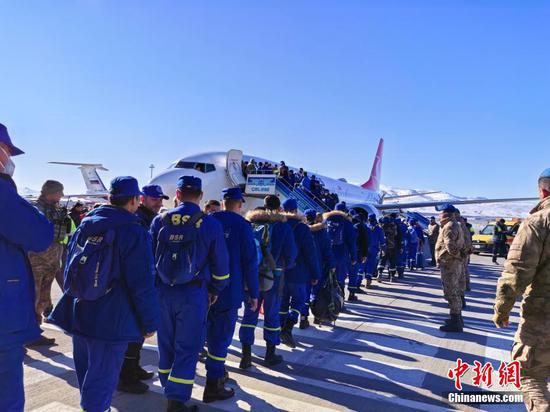




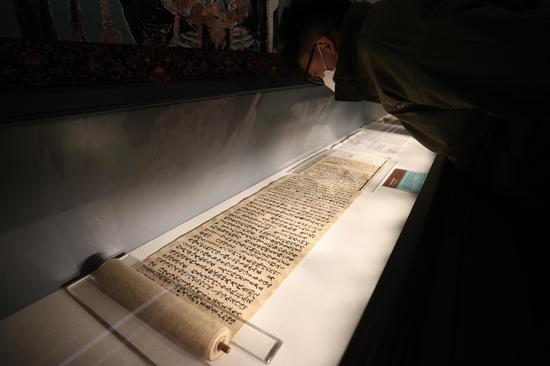
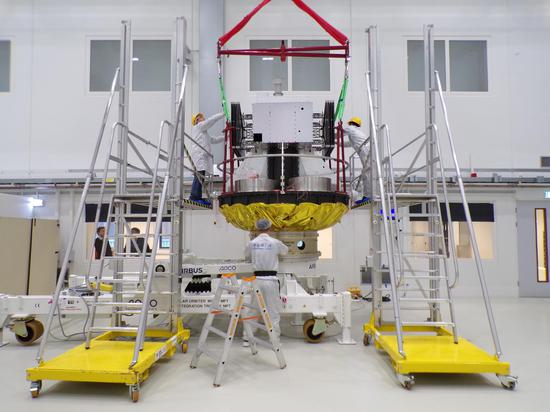
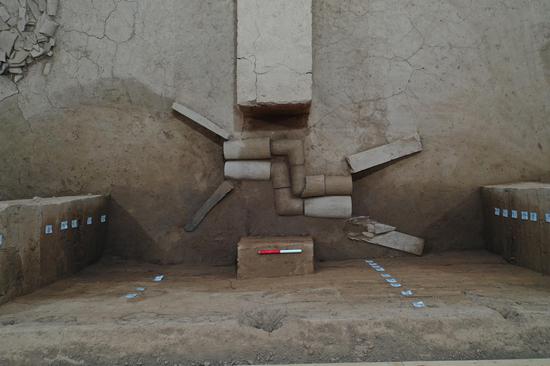




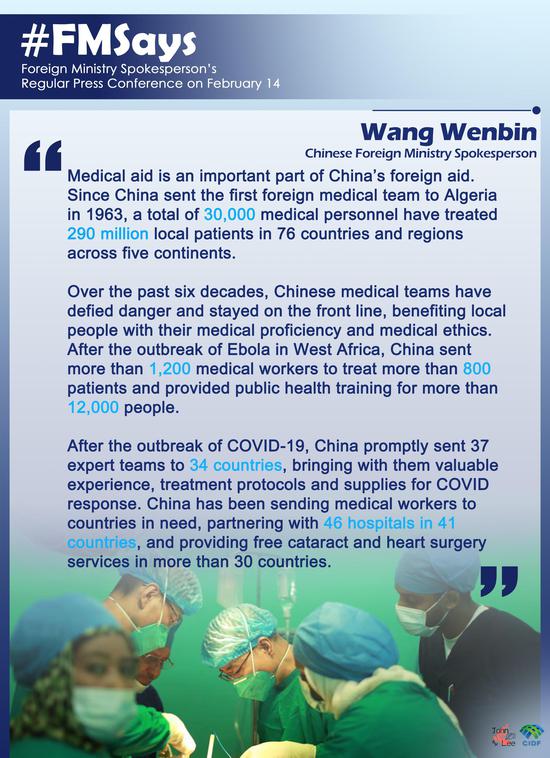
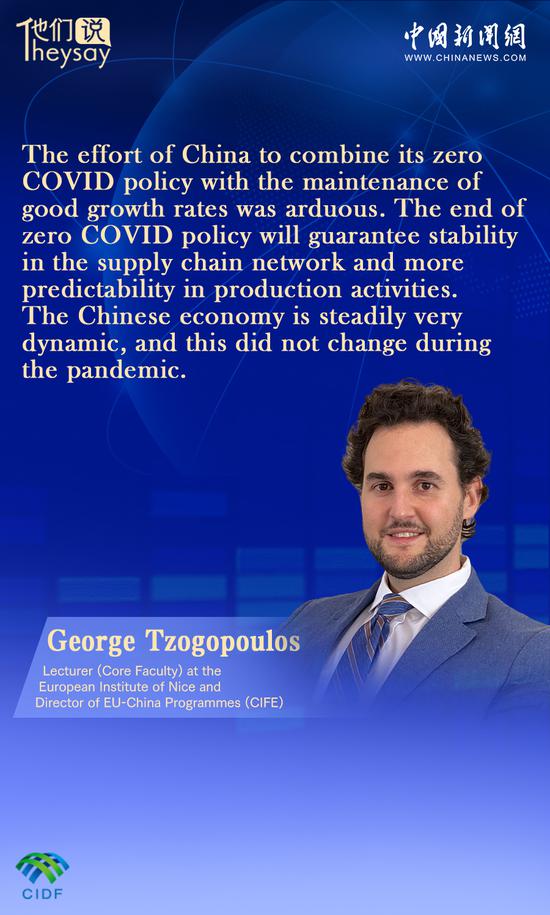
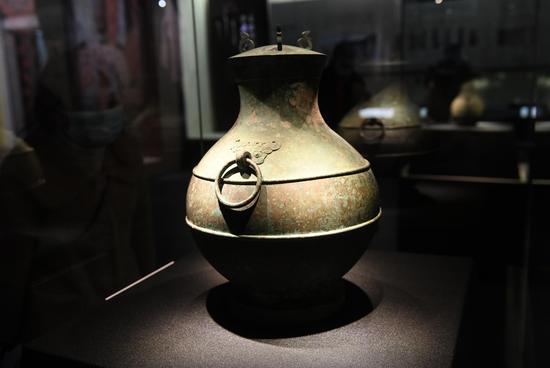

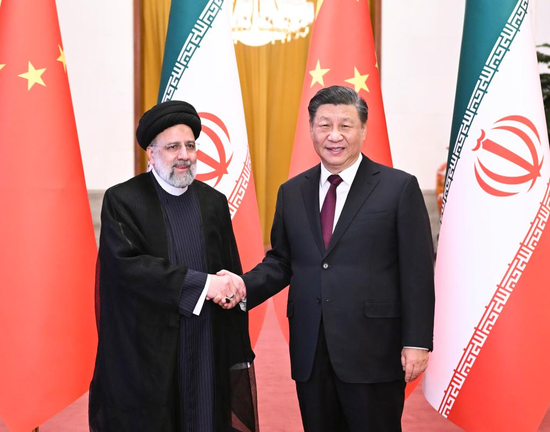



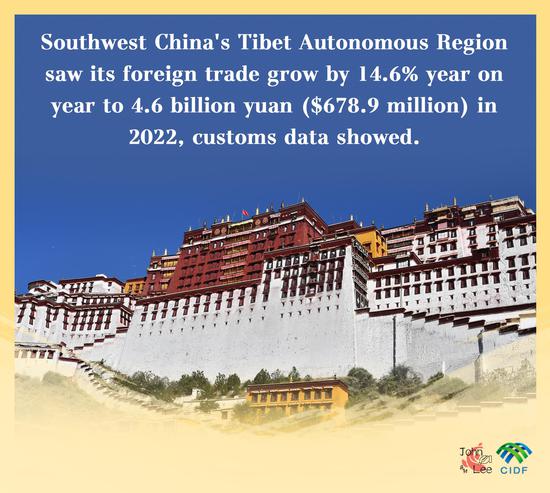


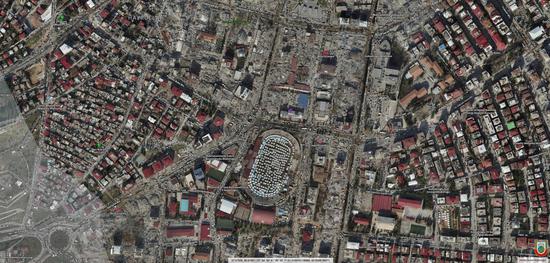





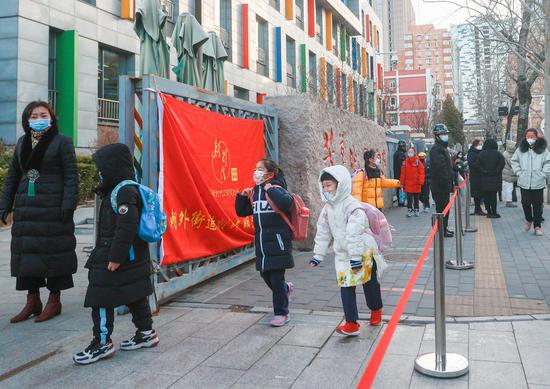
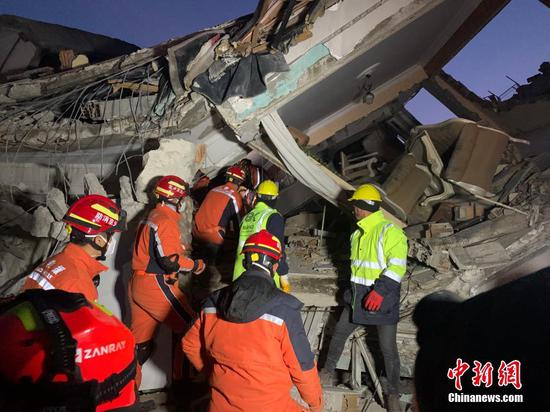







 京公网安备 11010202009201号
京公网安备 11010202009201号